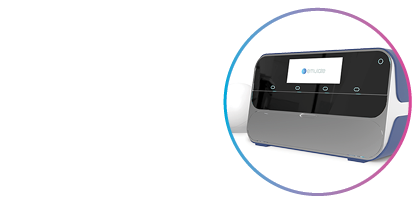Organ Model: Intestine (Caco2)
Application: Immune Cell Recruitment
Abstract: Over 2 million people in North America suffer from inflammatory bowel disease (IBD), a chronic and idiopathic inflammatory condition. While previous research has primarily focused on studying immune cells as a cause and therapeutic target for IBD, recent findings suggest that non-immune cells may also play a crucial role in mediating cytokine and chemokine signaling, and therefore IBD symptoms. In this study, we developed an organ-on-a-chip co-culture model of Caco2 epithelial and HUVEC endothelial cells and induced inflammation using pro-inflammatory cytokines TNF-α and IFN-γ. We tested different concentration ranges and delivery orientations (apical vs. basal) to develop a consistently inducible inflammatory response model. We then measured pro-inflammatory cytokines and chemokines IL-6, IL-8, and CXCL-10, as well as epithelial barrier integrity. Our results indicate that this model 1. induces IBD-like cytokine secretion in non-immune cells and 2. decreases barrier integrity, making it a feasible and reliable model to test the direct actions of potential anti-inflammatory therapeutics on epithelial and endothelial cells.

